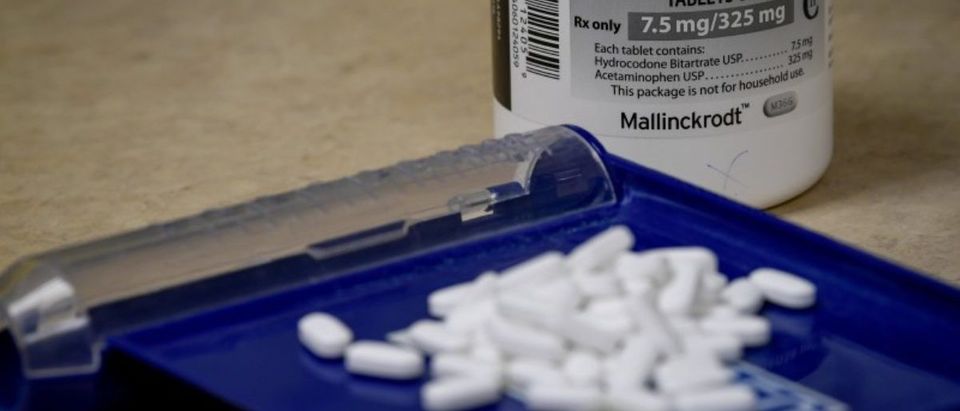America’s addiction crisis is ripping through our communities and hometowns, robbing our children’s futures, and tearing families apart. With over 630,000 deaths since 1999, America has the worst drug overdose death toll in the world and it’s getting worse.
So far, much of the debate has centered on combatting the illegal drug trade of opioids, changing prescribing practices, monitoring prescriptions across state lines and improving addiction treatment. While these efforts should continue, alone they have been unsuccessful at turning the tide of unnecessary deaths. There is a no cost, simple way to begin to reverse course on this alarming trend.
When patients visit doctors and hospitals, we assume caregivers have a complete medical history, as well as an awareness of any addictions or substance use that need to be factored into treatment and prescribing. But that’s not the case. 45 years ago our healthcare system began segregating clinical records related to substance use disorders from all other medical records. This regime became known as 42 CFR Part 2 – more commonly known as ‘Part 2.’
Part 2 prevents medical professionals from accessing a patient’s history of substance use. With this regulation, medical professionals are “flying blind,” often learning of addiction problems only after an adverse event or an overdose. It’s a daily game of Russian roulette, where every prescription has the potential to wind up in the hands of an active user or a recovering addict and contribute to overdose deaths.
In the midst of the worst drug crisis in our nation’s history, treating patients with half a medical record is unacceptable.
That’s why I introduced the Overdose Prevention and Patient Safety Act (H.R. 3545) to reform Part 2 and allow medical professionals access to the information they need to provide high quality medical care. My simple, four page bill would align Part 2 with the Health Insurance Portability and Accountability Act (HIPAA).
In 1996, Congress enacted HIPAA to provide comprehensive protections against sharing health information with anyone that does not need it to provide treatment or payment for services. HIPAA has a proven, 20-year track record of protecting patient privacy. Today, we trust this law to protect patients with HIV/AIDS diagnoses, cancer and mental health disorders. Drug addictions are the only conditions that do not operate under HIPAA. Having a special law just for substance use does nothing but add to the social stigma associated with addiction, suggesting that it needs special protection because it’s more shameful than any other medical condition. Instead, we should be treating addiction like the chronic illness it is and doing everything we can to remove embarrassment out of seeking help.
Substance use disorders can have complicated ripple effects on a patient’s health that need to be carefully identified and coordinated. We know that over 40 percent of people with substance use disorders have a co-occurring mental health disorder such as depression, bipolar disorder, post-traumatic stress, nicotine dependence, and sleep disorders. Blocking needed information about a patient’s health poses a serious safety threat due to risks from multiple drug interactions and co-existing medical problems. Behavioral health will never move out from under the shadows of stigma until care for mental health and substance use disorders are treated, provided, and paid for in the same manner as every other health condition. The Overdose Prevention and Patient Safety Act is a leap forward in bringing this level of parity to the American healthcare system.
This bill could immediately make a difference in the fight against opioid misuse and prevent related adverse events at zero cost to the taxpayer. A simple change that would modernize and align substance use treatment with the way caregivers deal with any other medical condition, this reform has broad, bipartisan support and the backing of more than 65 national patient, provider, physician and addiction treatment organizations across the country. Importantly, the White House Commission on Combating Drug Addiction and the Opioid Crisis highlighted passage of this legislation in their interim report.
It’s time to bring substance use treatment into the 21st Century with common sense reforms that are useful in today’s reality. It’s time to turn the tide on our nation’s opioid and addiction crisis. That starts with passing the Overdose Prevention and Patient Safety Act.
Tim Murphy represents the people of Pennsylvania’s 18th District in U.S. Congress.
Views expressed in op-eds are not those of The Daily Caller.


